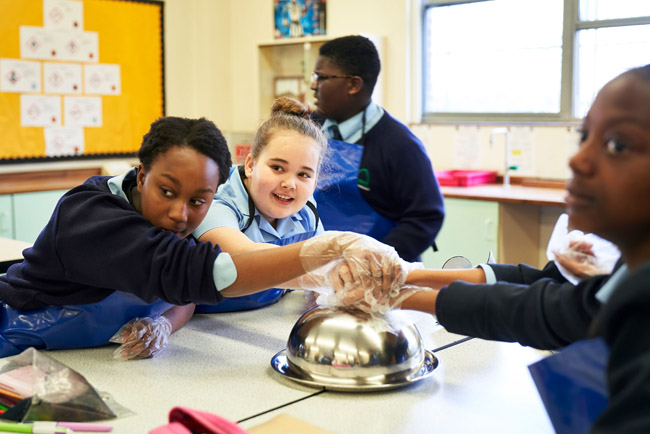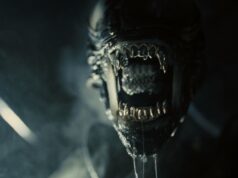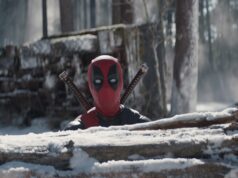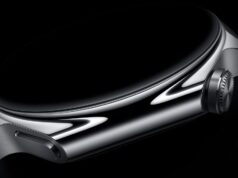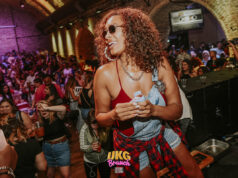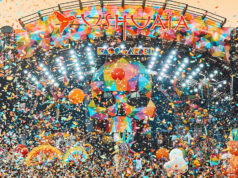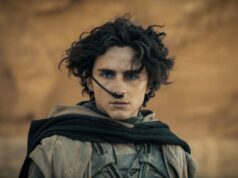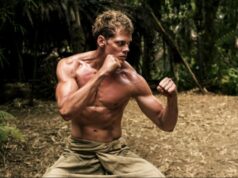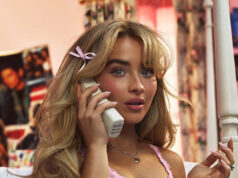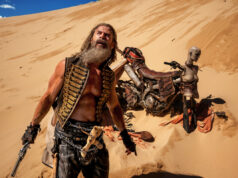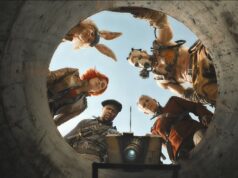During our current climate, it’s difficult not to engage in the conversation of global racism. From the USA where it rears its ugly head in a bold and unashamedly fashion, to the UK where it bubbles under the surface of the faces of those in denial where it exists due mostly to unconscious bias. With the majority of the world now having been awoken from its acceptance, Channel 4 will now air the two-part documentary ‘The School That Tried To End Racism’ hoping that its experiment in one South London school could be just the beginning of reform to the British education system to enlighten and educate from an early age.
Filmed in March 2019 and narrated by Ashley Walters, the documentary follows pupils from the high performing state school, Glenthorne High School in South London – consisting of a high proportion of pupils from multi-ethnic backgrounds – as it tries to help its students uncover and eradicate hidden racial biases. Led by experts – and inspired by similar programmes from American schools – an ordinary class of 11 to 12-year olds take part in a series of activities designed to challenge everything they thought they knew about race.
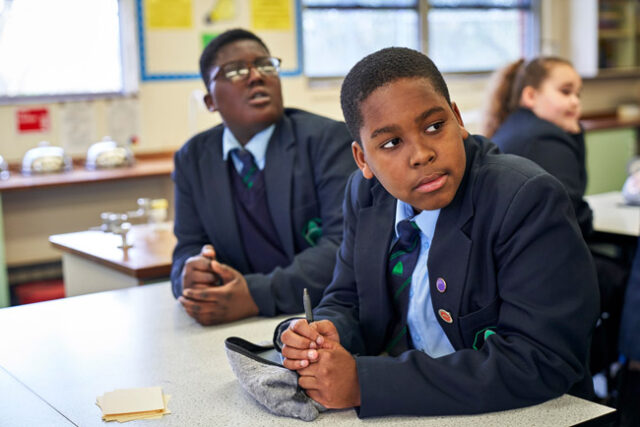
Condensed into two episodes, the experiment was actually conducted over three weeks. Made up of pupils that are White, Black and from different ethnic minorities, we hear statements from a young black boy who, at the age of 11, has already faced racial prejudice when a shop owner singled him out of a group of rambunctious lads and falsely threw him out of his shop. We learn that parents are even teaching their children how to behave and what questions to ask when being stopped by police.
A young girl of an Asian and white ethnic background goes on to reveal that she was not only confused as to which group she belonged to in regards to the white and black infinity groups they were placed but also, because she didn’t have a “white” skin tone, she wasn’t classed as pretty. Anyone with a heart will find these instances alone a major trigger point and question what the hell is wrong with our society?
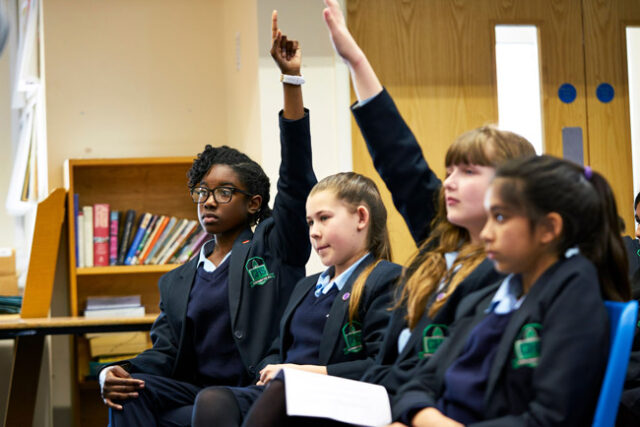
Tested for racial bias at both the beginning and the end of the course, the experiment becomes not just an eye-opening event as the kids are split into these groups to openly discuss race. Both the kids and the audience will take away that many years of British history has become not only whitewashed, but the atrocities at the very hands of the UK’s white ancestors have been brushed under the proverbial carpet. It also becomes a huge learning curve for the group of white students who, for the first time, have to confront their own ideas on Race. It’s their chance to overcome the awkwardness and embarrassment of their own experiences, as they open up about their own and others’ attitudes, and confront difficult truths.
David DeHaney’s powerful and emotive documentary is a wake-up call for the UK, who are most likely to bury their heads in the sand stating that racism doesn’t exist in this country or at least not to the levels we so visually witness from America. It’s deeply embedded in our history and our institution, but being British we are much too polite to even own our embarrassment. There is a lot to learn and unpack from this documentary. It starts where it could very easily be eradicated, from childhood, but this experiment could easily be put to work on adults who might just be surprised with what they learn.
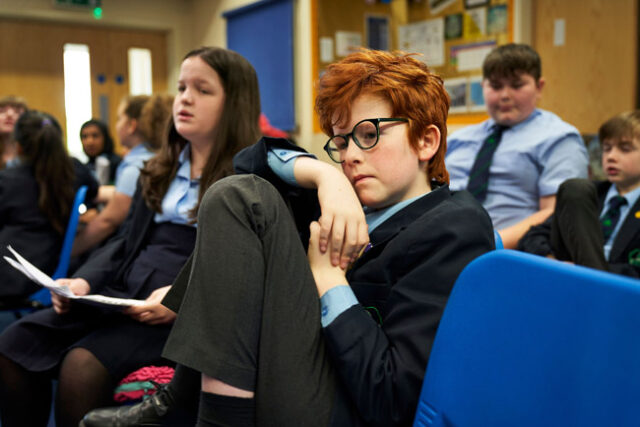
Some might stipulate that what these kids were put through was cruelly stressful but these same kids are put through even worse just by watching TV or a movie. Yes, it may have initially been painful, but anything worth fixing is never easy. Here, a much-needed conversation is finally being opened up to help those privileged by the white tone of their skin and unconsciously by other ethnicities, that society needs to change and they could just be the ones, together, that could finally change the future of our country for the better.
Episode 1 airs at 9pm on Channel 4 on the 25th of June with the second episode following on July 2nd.


